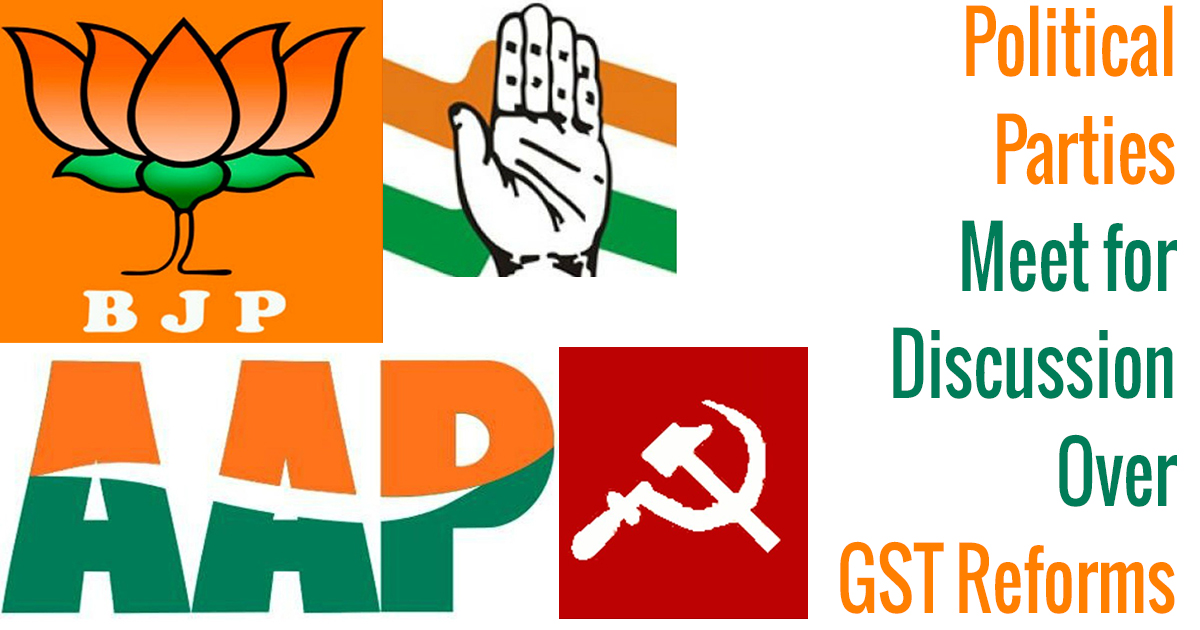Congress pioneer Jairam Ramesh said the party was always speaking with West Bengal Finance Minister Amit Mitra, who is the executive of the empowered committee of state finance ministry. The parties have been in contact with each other and more than a few outstanding issues in regards to the execution of the Goods and Services Tax, in front of a two-day meeting of the GST Council.
A few states have demanded full control, for example, the interstate development of goods and administrations and in addition organizations with a yearly turnover of Rs 1.5 crore and less. A few states have demanded full control over the development of goods and administrations and also organizations with a yearly turnover of Rs 1.5 crore and less.
Past gatherings of the board have neglected to determine subjects identified with the new duty administration, for example, the double control of assessable elements and cross-strengthening, even as the Center and states have agreed on 100% pay for the loss of income.
Besides, the take off of the new assessment administration is probably going to be postponed by a few months. The Center is trying to present a significant legislation in Parliament in the principal half of the Budget Session and has it gone in the second half, as per the report. This would imply that the assessment will be rolled out by June or July. On December 23, Mitra had said that states could endure huge income misfortunes in the third and fourth quarters of the current monetary year unless compensatory issues were modified.
Read Also: Meaning of SGST, IGST and CGST
The essential draft law of the CGST and SGST were affirmed by the gathering. Examinations at the GST Council meeting incorporate consultations over the provisos of the three draft laws that manage the assessment – the central GST, the integrated GST and the pay for states.
GST looks to supplant India’s confounded assessment administration involving 17 unique issues of a solitary exact. The GST Bill got President Pranab Mukherjee’s approval on September 8, in the wake of being confirmed by 16 states.
